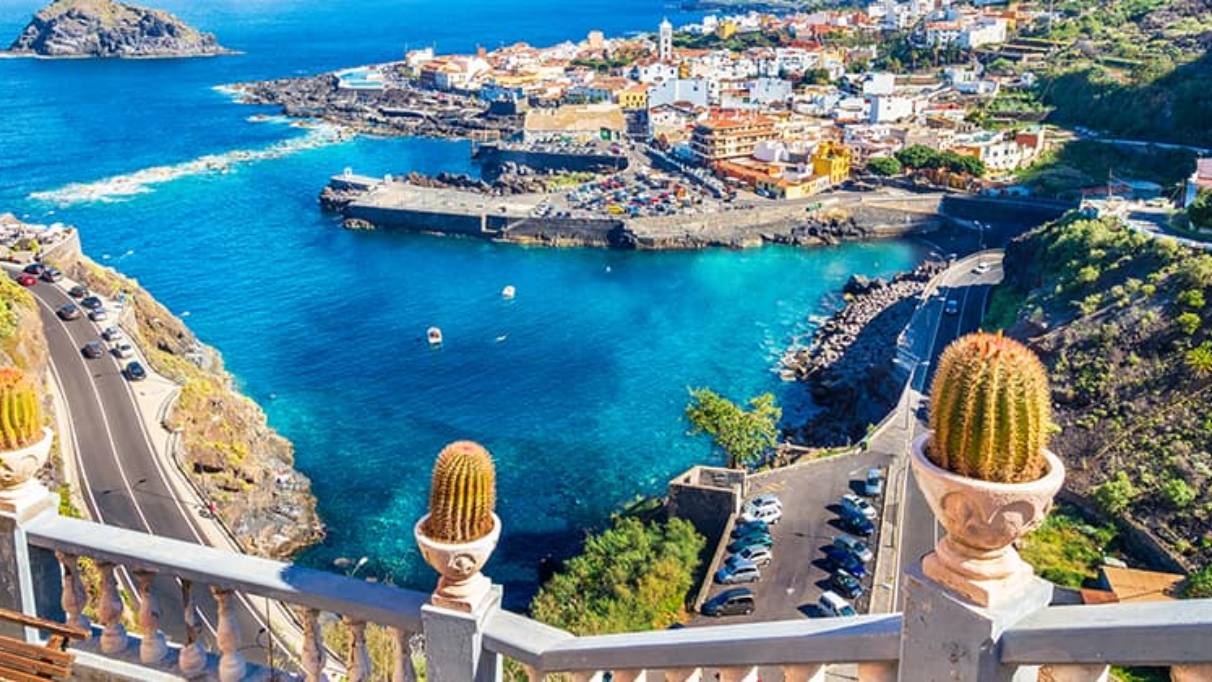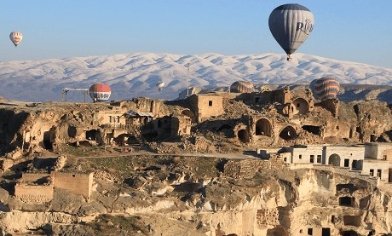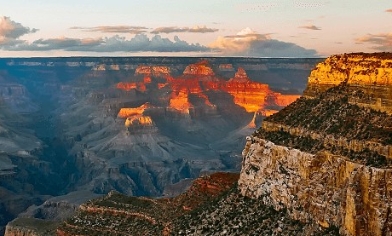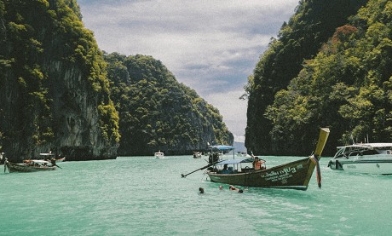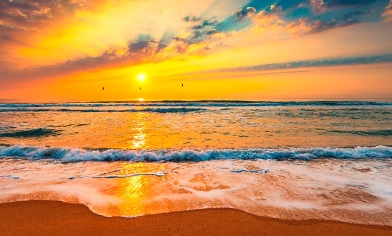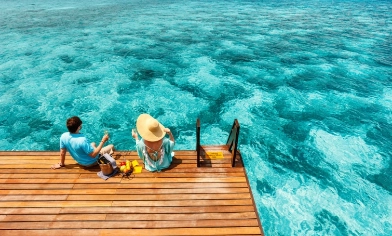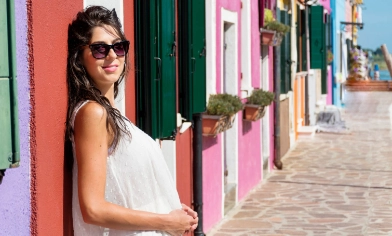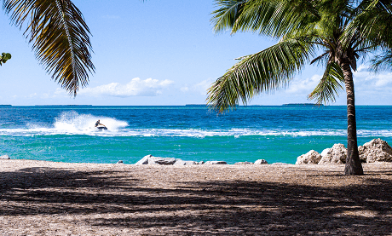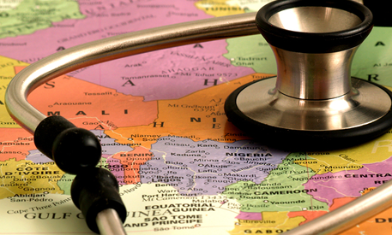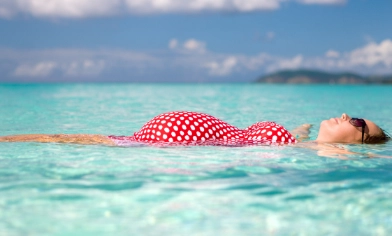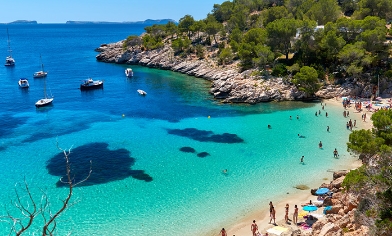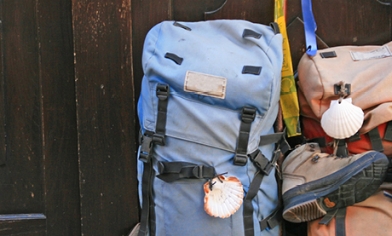Healthcare in the Canary Islands
As in the rest of Spain, public healthcare in the Canaries, the Servicio Canario de la Salud, provides a high standard of care through public and private hospitals and health centres.
Make sure you buy travel insurance that provides good medical cover, and check the policy detailes before you go so you know your options in case something goes wrong. If you need treatment, it may be worth insisting it’s at a public rather than private facility.
You can book non-emergency appointments by calling 012. If you need emergency support, dial 112 or 061 for an ambulance. The Spanish word for the accident and emergency department is “urgencias”.
The islands aren’t big, but the more remote your location the longer an ambulance could take to get to you or you to a hospital. Check up-front where the nearest health facilities are and whether they’re public or private, especially if you have pre-existing medical conditions.
It’s sensible to bring any prescription drugs you need with you, including extra in case of any travel delays. If you run out, you may be able to buy more from “farmacias” (pharmacies) with a valid prescription and a doctor’s note explaining why you’re taking these medicines.
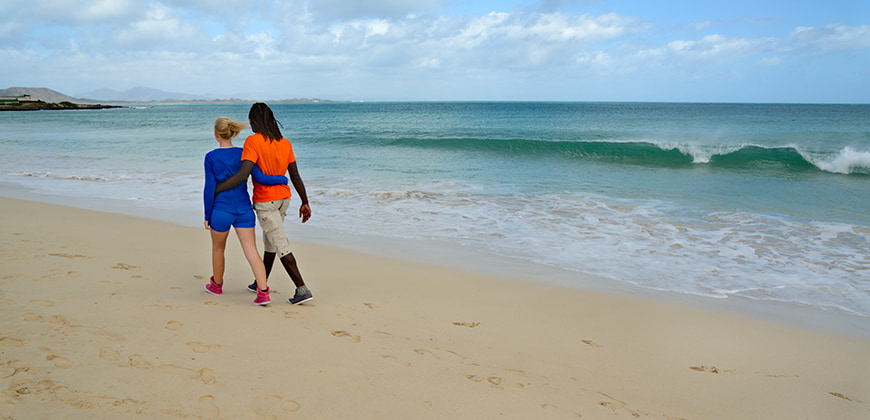
Travel risks in the Canaries
The crime rate is relatively low in the Canary Islands but it’s important to remain cautious and vigilant, taking steps to avoid the attention of opportunist thieves and scammers. Pickpockets and con artists tend to operate in towns and other heavily populated areas.
Know how to avoid holiday scams. Protect your passport and valuables and don't carry them if you don't need to. And keep all money and valuables somewhere safe about your person. For instance, don’t carry your wallet or smartphone in your back pocket as they’re easier to steal there. Make sure your accommodation has a safe to keep items you’re not carrying with you secure.
The Foreign, Commonwealth and Development Office (FCDO) travel advice for Spain is updated regularly with the latest on the potential for terrorist attack in Spain. This advice can change at short notice. Generally, incidents are more common on the mainland and in cities but can’t be ruled out elsewhere. Always follow any official local advice being given.
Staying safe: from heat to heights
Keep yourself hydrated in the heat by drinking plenty of water. Remember that dehydration starts long before you notice its symptoms, which include tiredness, headaches and dizziness. While the tap water is safe to drink, it’s desalinated sea water (with the salt removed) and locals prefer the nicer-tasting bottled water that’s readily available to buy instead.
Some of the Canary Islands offer excellent high-altitude hiking. Mount Teidi on Tenerife, for instance, is the highest point in Spain at 3,718 metres. If you’ll be scaling such heights on your trip, check if the activity will be covered by your travel insurance.
Altitude sickness can begin at around 2,500 metres, with symptoms including headache, dizziness, lethargy, loss of appetite and difficulty sleeping. Mild symptoms can be treated with a day or two’s rest. If symptoms last or grow more severe, it’s important to descend immediately. If they persist, seek medical advice.
Getting around
The Canary Islands – even the largest, Tenerife – aren’t large so they’re easy to get around. Buses are a cheap way to travel and taxis are readily available too. Taxis have metres and regulated fares, and you may be able to agree a price in advance for specific excursions.
Tourism sites such as Hello Canary Islands offer guides to the various taxi services, bus routes and vehicle rental outlets available across the different islands. There are also options for hopping around the Canary Islands if you’d like to see more than one.
If you’re driving, remember you need to do it on the right in the Canary Islands. Speed limits vary from 50km/h in urban areas to 90km/h on other roads and 120km/h on motorways.
You can rent a car using the photo licence of most countries. While the minimum driving age is 18, hire companies often insist you’re at least 21. Make sure you have insurance to drive there. And, with Britain now having left the EU, check the latest on whether you need an international driving permit to drive in the Canaries.
The drink drive limit is lower than in the UK. It’s 50 mg of alcohol per 100 ml of blood for fully qualified car drivers and just 30 mg per 100 ml if you’ve been driving for less than two years. Since it’s difficult to know what this means in terms of drinks, it’s best not to drink and drive at all.
Remember, your travel insurance won’t usually cover you for incidents that happen if you’re under the influence of alcohol – whether it’s you or someone else who’s injured.
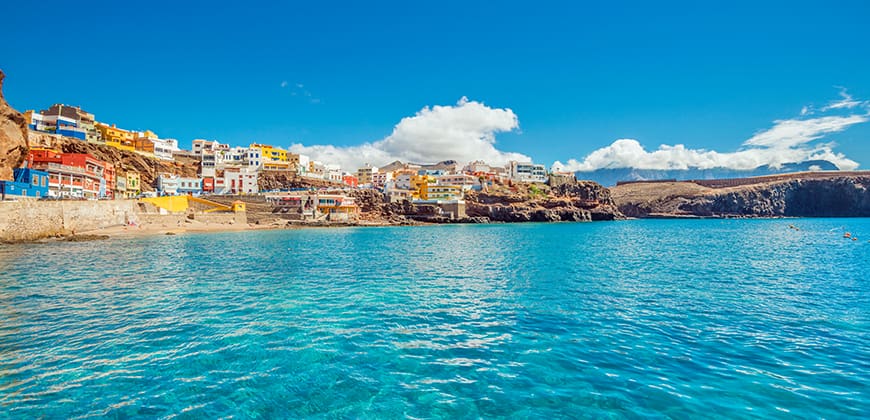
Weather for the Canary Islands
It’s no surprise that the closer to the equator one gets, the warmer it is. And with the Canary Islands basking off the coast of Morocco, just above the Western Sahara, they maintain a temperature that’s at least spring-like, often hotter, all year round.
The weather for Tenerife, Lanzarote, Gran Canaria and the like from October through to February, for instance, make them a good choice for autumn and winter sun. No wonder they’re a popular choice for Christmas holidaymakers wondering “where is warm in December?”
Here’s an idea of the maximum temperatures on popular islands at different times of year:
| Month |
Tenerife |
Fuerteventura |
Canaria |
Lanzarote |
| January |
21.1°C |
20.8°C |
21.0°C |
20.8°C |
| February |
21.3°C |
21.2°C |
21.3°C |
21.5°C |
| March |
22.3°C |
22.5°C |
22.3°C |
22.9°C |
| April |
23.0°C |
23.3°C |
22.9°C |
23.7°C |
| May |
24.5°C |
24.6°C |
23.9°C |
25.0°C |
| June |
26.6°C |
26.4°C |
25.6°C |
26.8°C |
| July |
28.9°C |
27.4°C |
27.1°C |
28.4°C |
| August |
29.2°C |
27.8°C |
27.6°C |
29.1°C |
| September |
28.1°C |
27.5°C |
27.1°C |
28.3°C |
| October |
26.6°C |
26.3°C |
26.4°C |
26.8°C |
| November |
24.3°C |
24.2°C |
24.3°C |
24.2°C |
| December |
22.2°C |
22.1°C |
22.4°C |
21.9°C |
Source: Met Office
Do I need travel insurance for the Canary Islands?
If you're a UK citizen, you can apply for a Global Health Insurance Card (Ghic) that will give you access to emergency or necessary state healthcare in Spanish territories, including the Canary islands, and other EU countries for free or at a lower cost. If you have the previous Ehic card and it's still in date, you can use it in the same way until its expiry.
Ehic and Ghic don't cover all eventualities, though. If you’re visiting the Canary Islands, travel insurance may help safeguard further against the risks associated with your trip, however unlikely they may seem. It may cover you for emergency medical expenses such as the cost of getting you home (called 'repatriation'). Without it, these expenses can soon add up.
It's also important to make sure your policy provides the level of cover against Covid-19 related disruptions that will give you peace of mind on your trip.
Travel insurance may also protect you against cancellation or your trip being cut short in certain circumstances, missed departure or delay and other types of disruption, or reimburse you for replacing lost, damaged or stolen belongings like luggage and passports.
If you have existing medical conditions, make sure you inform your insurer when getting a quote. You may be charged a higher premium or might have to find a specialist policy to cover them.
Make sure you have enough gadget cover for the various devices you’ll be taking as this cover can be limited on standard policies. Check the policy wording.
Will travel insurance cover activities?
You’ll find lots of activities in the Canaries to keep you occupied, from beach games to water sports on the coast to Jeep tours of the Lanzarote landscape.
It’s important to check if your travel insurance will cover the activities you’re planning, especially the riskier or more extreme they are, such as surfing, water skiing and diving. If not, you may be able to buy a specialist policy or add-on to a standard policy to provide the extra cover you need for them.
Of course, what you do on holiday can be spontaneous so it’s always a good idea to take a copy of your travel insurance policy with you on holiday so that you can check on the spur of the moment whether you’re covered.
If you’re planning on taking a cruise that takes in the Canary Islands on its route, it’s worth considering whether a cruise cover policy will provide protection more tailored to your trip. Always compare and consider your options to make an informed choice.
Are the Canary Islands in Europe for travel insurance?
The Canaries are a Spanish territory and, as such, are also part of the European Union. That means they’re typically classed as part of Europe (rather than ‘Worldwide’) by insurers when giving you a quote for cover. Check with your insurer to be sure.
Is it safe to travel to the Canary Islands?
The quickest and most up to date way to check if it’s safe to travel to the Canaries is on the FCDO’s page with travel advice and risks for Spain as a whole.
You'll find there are also dedicated pages that look at issues and risks to keep in mind on topics such as health, terrorism, safety and security. Don’t travel against this advice as you’ll likely invalidate your travel insurance policy.
Where does the name Canary Islands come from?
The Canaries are named not after birds but rather after dogs. Their Spanish name ‘Islas Canarias’, from the Latin ‘Canariae Insulae’, translates as "Island of Dogs." Some stories suggest this name arose when the first European visitors found large dogs on Gran Canaria in ancient times. Other stories suggest they weren’t dogs but seals, called “sea dogs” by the ancient Romans.
